Skin health goes well beyond having a great routine to achieve glowing skin. Yes, using a great face/body washes, moisturizers and SPFs that works well with your skin is important, but did you know that you can nurture your skin and help protect it from the sun’s harmful rays from the inside out while?
Believe it or not, certain foods packed with antioxidants, vitamins, and essential nutrients can help your skin stand up to UV rays and keep it healthy. So, what you eat matters more than you think. Check out these powerhouse foods and nutrients that can give your skin that extra shield from the inside:
ANTIOXIDANT-RICH FOODS
Think of antioxidants as superheroes. They swoop in to fight off those free radicals from the sun that can wreak havoc on your skin [1,2]. Be sure to include plenty of antioxidant-rich fruits and vegetables such as berries, citrus fruits, tomatoes, and leafy greens like spinach and kale to help keep skin healthy.
Below are a few specific antioxidants with additional functions to support skin health:
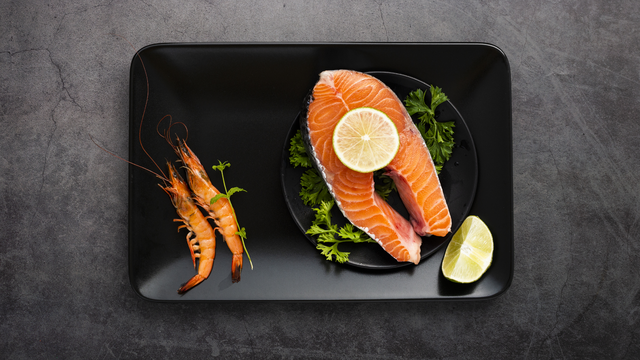
Astaxanthin
Astaxanthin is this powerhouse antioxidant that’s all about that vibrant red hue, part of the carotenoid crew. It hangs out in algae and gets passed on to seafood like salmon, shrimp, and krill, which munch on algae all day long. Besides being super cool for its color, astaxanthin rocks for your health, especially your skin [3]. It helps shield you from sun damage and supports skin health big time. Adding foods or supplements packed with astaxanthin to your daily routine can team up with your sunscreen to keep your skin strong and glowing.
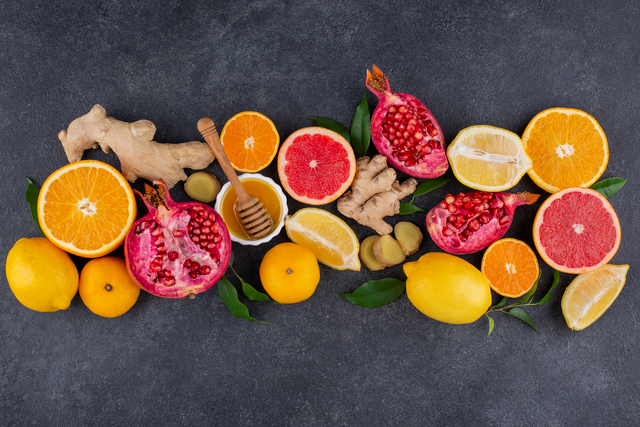
Vitamin C
Vitamin C, also known as ascorbic acid, plays a crucial role in maintaining skin health and appearance. It is crucial for collagen production and fixing up your skin cells [2]. You can get your daily dose from yummy foods like oranges, lemons, grapefruits, strawberries, kiwi, bell peppers, and broccoli. So, load up on these tasty treats to keep your skin glowing and feeling awesome!
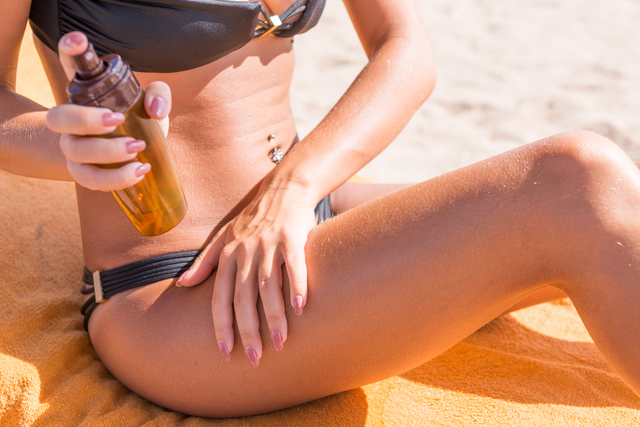
Vitamin E
Vitamin E is like a shield for your skin, protecting it from those pesky free radicals caused by the sun and pollution to keep wrinkles at bay [2]. It enhances skin moisture, strengthens the skin barrier, and aids in healing, making it effective for soothing inflammation on the skin. Overall, it’s a big deal for keeping your skin youthful and strong [4]. Foods high in vitamin E include almonds, sunflower seeds, vegetable oils like sunflower and safflower oil, green leafy vegetables such as spinach and kale, avocado, and fortified cereals and juices.
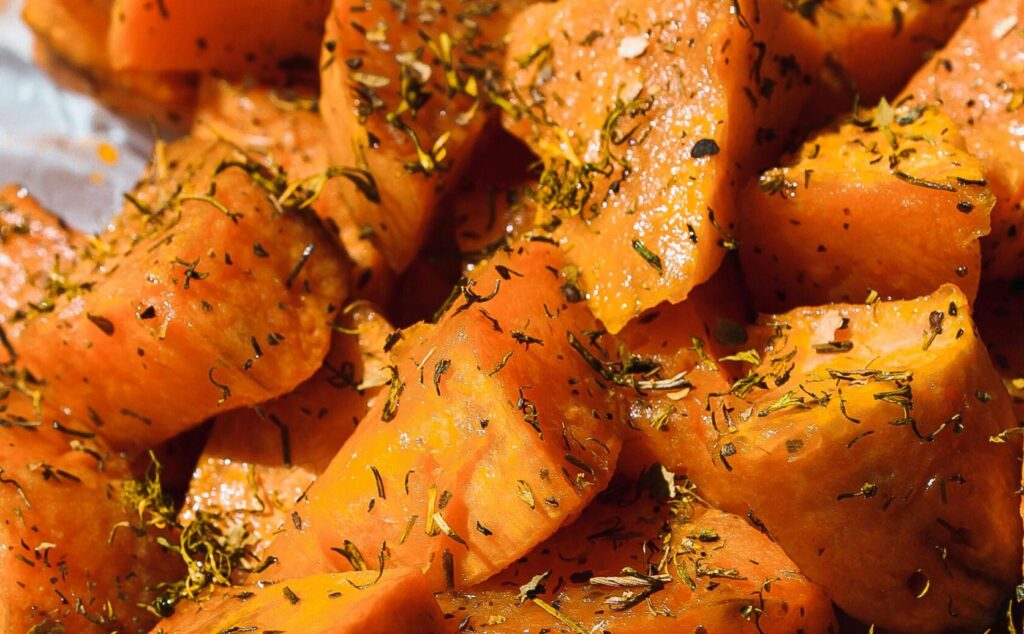
Beta-Carotene
Beta-carotene, a precursor to vitamin A, is renowned for its significant role in promoting skin health. This powerful antioxidant keeps oxidative stress in check, thereby reducing oxidative stress and reducing skin damage that could potentially lead to premature aging, wrinkles, and pigmentation. Munching on foods rich in beta-carotene, such as carrots, sweet potatoes, spinach, and apricots, can enhance skin resilience and provide a natural defense against UV-induced skin damage [2,5].
Lycopene
Like beta-carotene, lycopene is another one of those superhero pigments found in red and pink fruits like tomatoes (especially cooked ones), watermelon, and pink grapefruit! It’s awesome for your skin because it fights off oxidative stress caused by the sun and pollution that can mess with your skin’s mojo. Plus, lycopene has anti-inflammatory powers that may calm down sunburns and soothe sensitive skin [6]. Regular consumption of lycopene-rich foods or use of skincare products containing lycopene may contribute to healthier, more resilient skin and a youthful appearance.
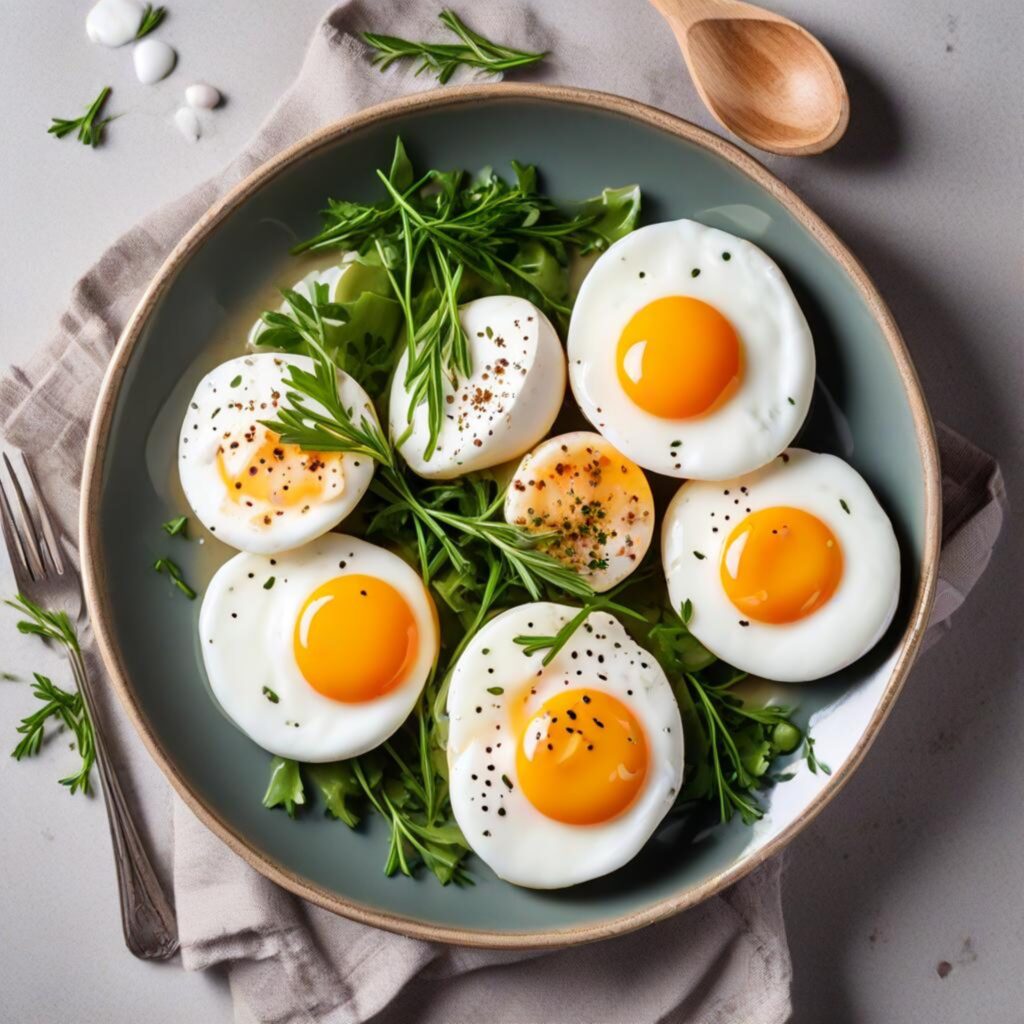
Selenium
Selenium is a trace mineral that provides numerous benefits for your skin. It’s like your skin’s bodyguard, protecting it from all those free radicals, UV rays, and other nasty stuff in the environment [4]. By neutralizing these harmful compounds, selenium helps your skin stay strong and ward off signs of aging like wrinkles and sagging. Additionally, selenium supports the production of glutathione peroxidase, an enzyme that keeps your skin cells in top shape and maintains that bouncy, youthful elasticity [7]. You can load up on selenium by chowing down on Brazil nuts, seafood, whole grains, and eggs—they’re all packed with this mineral that keeps your skin resilient and glowing.
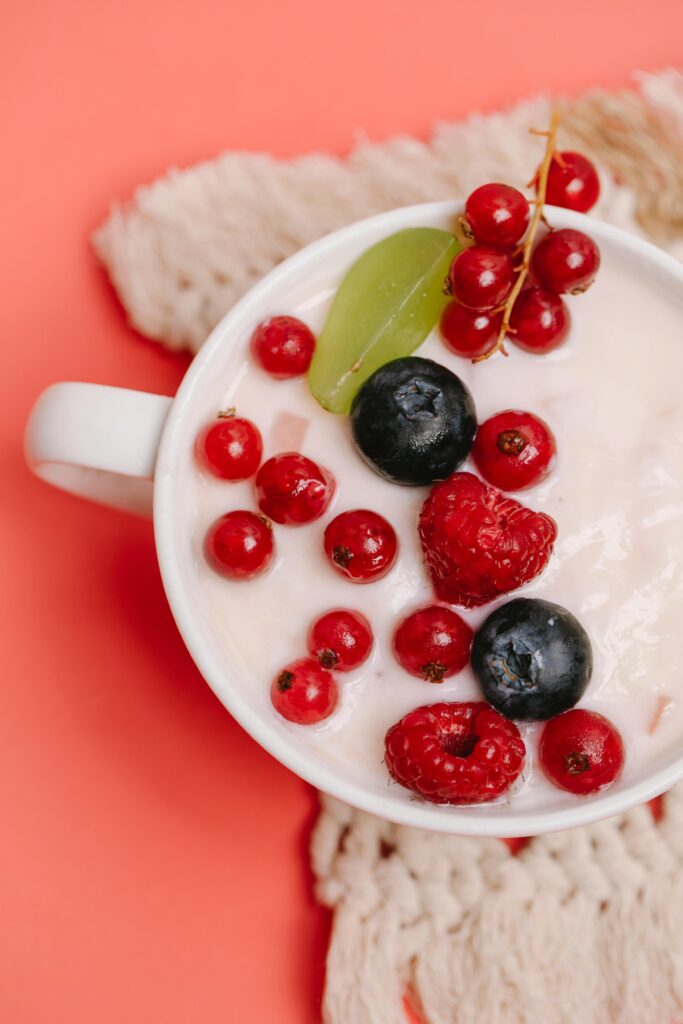
PROBIOTICS
Probiotics, those good bacteria you find in yogurt, kefir, and kimchi, are key for keeping your skin healthy. They do this by keeping your gut in top shape and boosting your immune system. A healthy gut means your immune system can handle skin issues like acne, eczema, and rosacea better [8]. Probiotics also help your skin stay hydrated and strong by helping your body absorb nutrients and keeping your skin’s protective barrier strong. Studies even show they can directly improve your skin by balancing its natural bacteria and making germ-fighting peptides [9]. So, eating probiotic-rich foods or taking supplements can really help keep your skin looking good and feeling healthy overall!
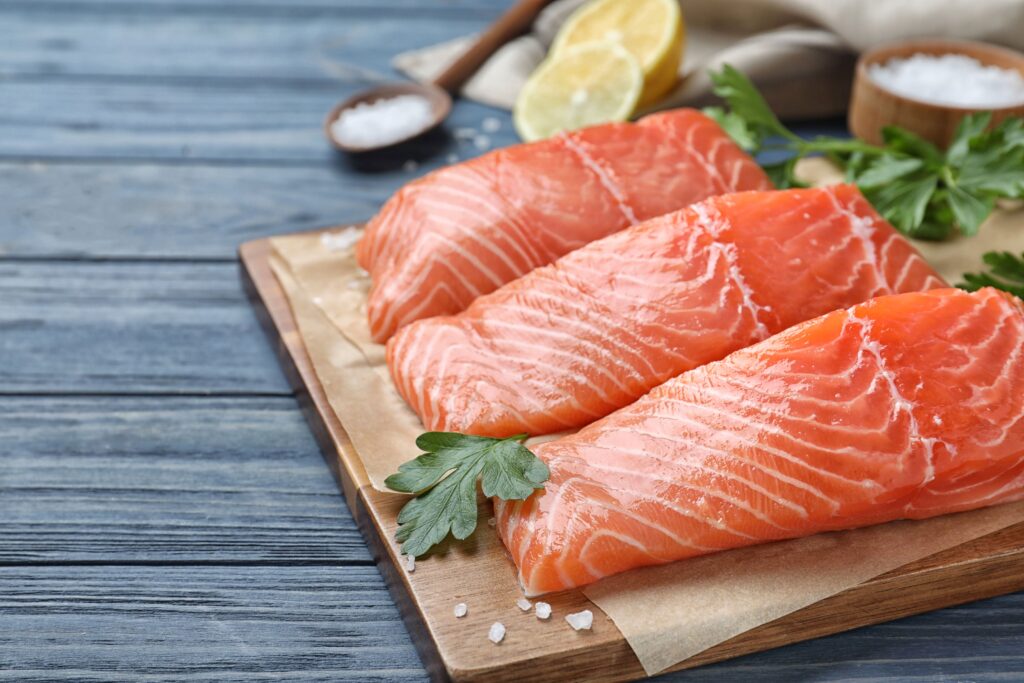
OMEGA-3 FATTY ACIDS
Omega-3 fatty acids are super important for your skin! You’ll find them in foods like fatty fish (think salmon, mackerel, and sardines), flaxseeds, and walnuts. They work wonders by strengthening your skin’s cell membranes, making your skin barrier stronger and better at holding onto moisture [10]. Plus, their anti-inflammatory powers may benefit things like acne, based on a review on Acne and Diet in 2022. Omega-3s also boost collagen and elastin production, keeping your skin firm and elastic, which helps smooth out wrinkles and keep you looking youthful. Adding omega-3-rich foods or supplements to your diet is a great way to support your skin’s health and appearance overall.
SUMMARY
Integrating these nutrient-rich foods into your daily diet can enhance the effectiveness of sunscreen and other sun protection methods, nurturing your skin from the inside out and reducing the long-term impact of UV radiation. It’s important to note that while these foods provide valuable support, they should be used in conjunction with sunscreen and other protective measures whenever you’re exposed to sunlight.
About Agnes
Agnes is an accredited nutritionist by SNDA (Singapore Nutrition & Dietetics Association). Prior to Nestle Health Science, she worked in supplements, public health, and community settings, providing training, nutrition consultation, and managing health promotion programs. She loves working with people and is passionate about changing people’s lives through nutrition.
*These statements have not been evaluated by the Food and Drug Administration. This product is not intended to diagnose, treat, cure, or prevent any disease.
This information is not intended as a substitute for the advice provided by your physician or other healthcare professional, or any information contained on or in any product label or packaging. Do not use the information from this article for diagnosing or treating a health problem or disease, or prescribing medication or other treatment. Always speak with your physician or other healthcare professional before taking any medication or nutritional, herbal, or homeopathic supplement, or using any treatment for a health problem. If you have or suspect that you have a medical problem, contact your healthcare provider promptly. Do not disregard professional medical advice or delay in seeking professional advice because of something you have read in this article.

